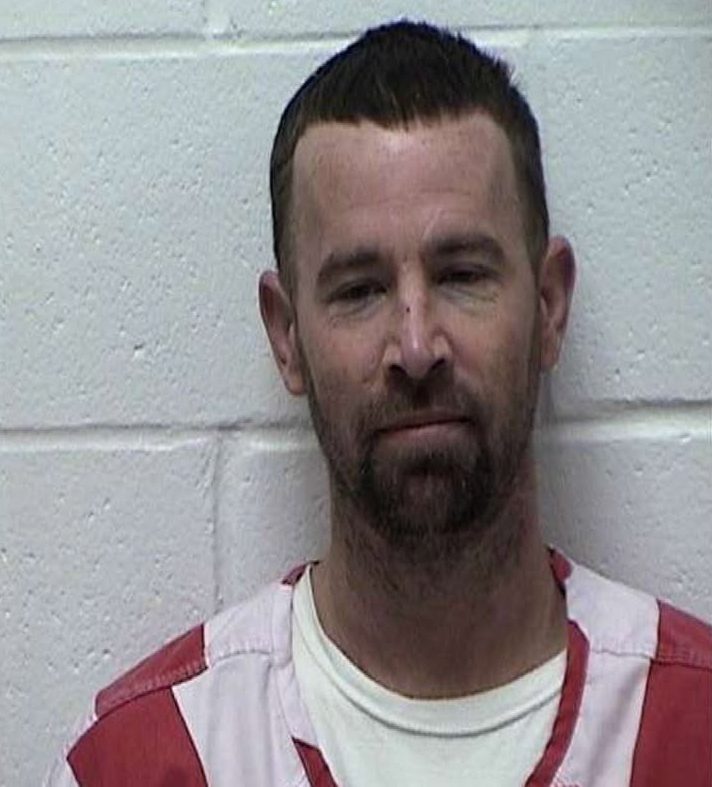Sleep apnea associated with dementia?
Published 7:00 am Friday, April 17, 2015
Dementia and Alzheimer’s diseases have degenerative effects on the human brain, leading people with these ailments to forget who they are, where they are and the names of their closest family members.
Seeing the decline in a family member diagnosed with one of these diseases can be difficult.
This week, Time magazine released a story covering research that proclaims to have found one possible reason people develop the ailment, sleep apnea.
Sleep apnea involves the cessation of breathing while sleeping, which can include snoring. It is estimated that up to 40 percent of adults snore, affecting the sleep of their partner and the function of their brains over long periods. Most sleep apnea cases involve males.
According to the research, when a person stops breathing, they experience a reduced amount of oxygen coming to the brain, causing the brain to wake and interrupting deep sleep.
Deep sleep is required to recharge the brain and body, but also serves to reduce the amount of a protein called amyloid that builds within the brain during the waking hours of the day.
An accumulation of that protein can lend to the formation of plaques, and subsequently reduced cognitive ability, the research shows.
So what can a person suffering from sleep apnea do to counteract the effects and also reduce their chance to develop dementia or Alzheimer’s?
The research suggests employing a continuous positive airway pressure machine.
The problem is people who have used the machines find them more of a nuisance than an aid due to their cumbersome nature.
With other known causes being associated with the development of one of these diseases, people suffering from sleep apnea would need to assess their risk and the benefits utilizing a CPAP machine would provide.
But when it comes down to it, whether sleep apnea is associated with the development of a brain related disease or not, there’s nothing better than a good night’s sleep.





